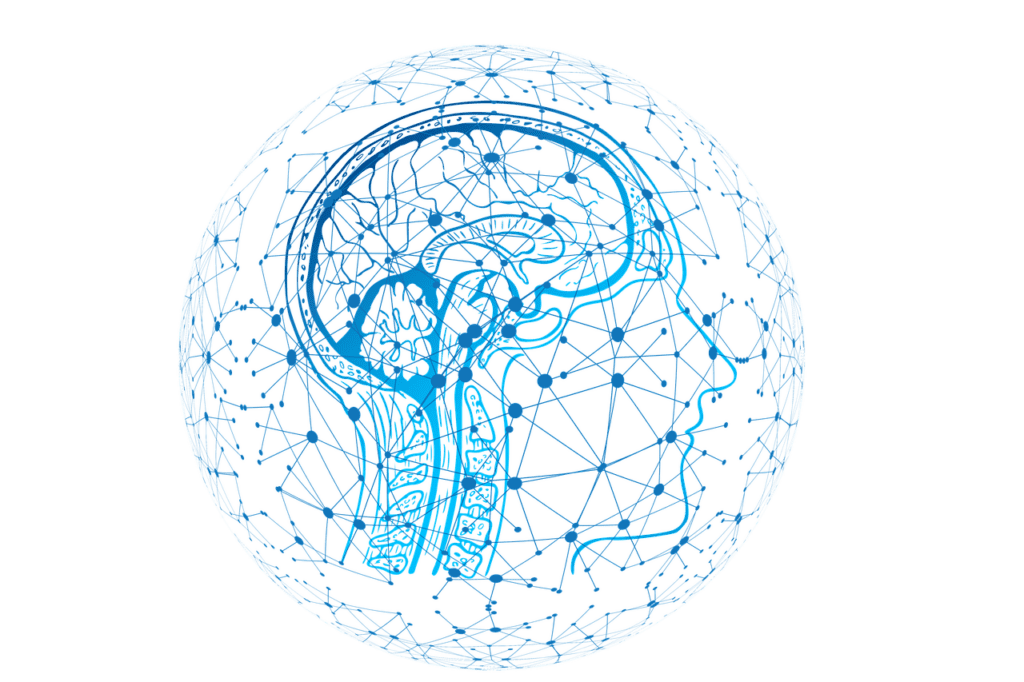New biomarker for brain insulin resistance in the blood
Researchers at the German Center for Diabetes Research (DZD) in Potsdam-RehbrĂŒcke and TĂŒbingen have discovered epigenetic changes in the blood of people without type 2 diabetes that show how well the brain responds to insulin. These markers could help detect insulin resistance in the brain at an early stage with a simple blood test.
To identify these epigenetic markers, the research team used a machine learning method to analyze small chemical changes to the DNA, so-called DNA methylation patterns. They examined blood samples from people without type 2 diabetes (T2D) who differed in their brain response to insulin but had comparable values for peripheral insulin sensitivity. The machine learning process was based on a combination of data from functional magnetic resonance imaging of the brain as well as metabolic and epigenetic data.
In a first study cohort with 167 participants, the researchers identified 540 so-called CpG sites whose methylation patterns allowed a reliable distinction between people with and without insulin resistance in the brain.
“It is noteworthy that many of these methylation sites were associated with an increased risk of type 2 diabetes,” reports Dr. Meriem Ouni, head of the junior research group Epigenetics of Obesity and Diabetes at DIfE and last author of the study. “This indicates a reciprocal interplay between insulin resistance in the brain and metabolic diseases.”

The results were subsequently confirmed with very high accuracy (83 to 94%) in two independent replication cohorts of 33 and 24 people, respectively. All 540 CpG sites examined showed altered methylation patterns. For 98 of the CpG sites identified, the researchers found a correlation between blood and brain methylation in databases. Many of the associated genes are involved in neuronal development, synapse formation and signal transmission.
“Our results suggest that the epigenetic profile in the blood may reflect central processes in the brain,” explains Ouni.
Previous work had already shown that people with insulin resistance in the brain respond less well to lifestyle interventions, store more visceral fat and experience more cravings â all risk factors for the development of type 2 diabetes.
“In the future, the epigenetic markers that have now been identified could serve as a screening tool to identify high-risk patients at an early stage and treat them in a targeted manner â for example, through a healthier lifestyle or active ingredients such as SGLT2 inhibitors, which improve neuronal insulin resistance in people with neuronal insulin resistance,” Ouni is convinced. “If we know who has insulin resistance in the brain, we can make interventions much more targeted and effective.” The team’s goal is now to develop a standardized test panel from the 540 CpG sites identified that can be used in clinical practice.
Original Paper:
Stephanie Kullmann, Amandeep Singh, Ratika Sehgal, Fabian Eichelmann, Leontine Sandforth, Britta Wilms, Markus JĂ€hnert, Andreas Peter, Svenja Meyhöfer, Dirk Walther, Hubert Preissl, Hans-Ulrich HĂ€ring, Matthias B. Schulze, Martin Heni, Andreas L. Birkenfeld, Annette SchĂŒrmann, Meriem Ouni: Circulating Epigenetic Signatures Classifying Brain Insulin Resistance in Humans. Science Translational Medicine
Editor: X-Press JournalistenbĂŒro GbR
Gender Notice. The personal designations used in this text always refer equally to female, male and diverse persons. Double/triple naming and gendered designations are used for better readability. ected.




